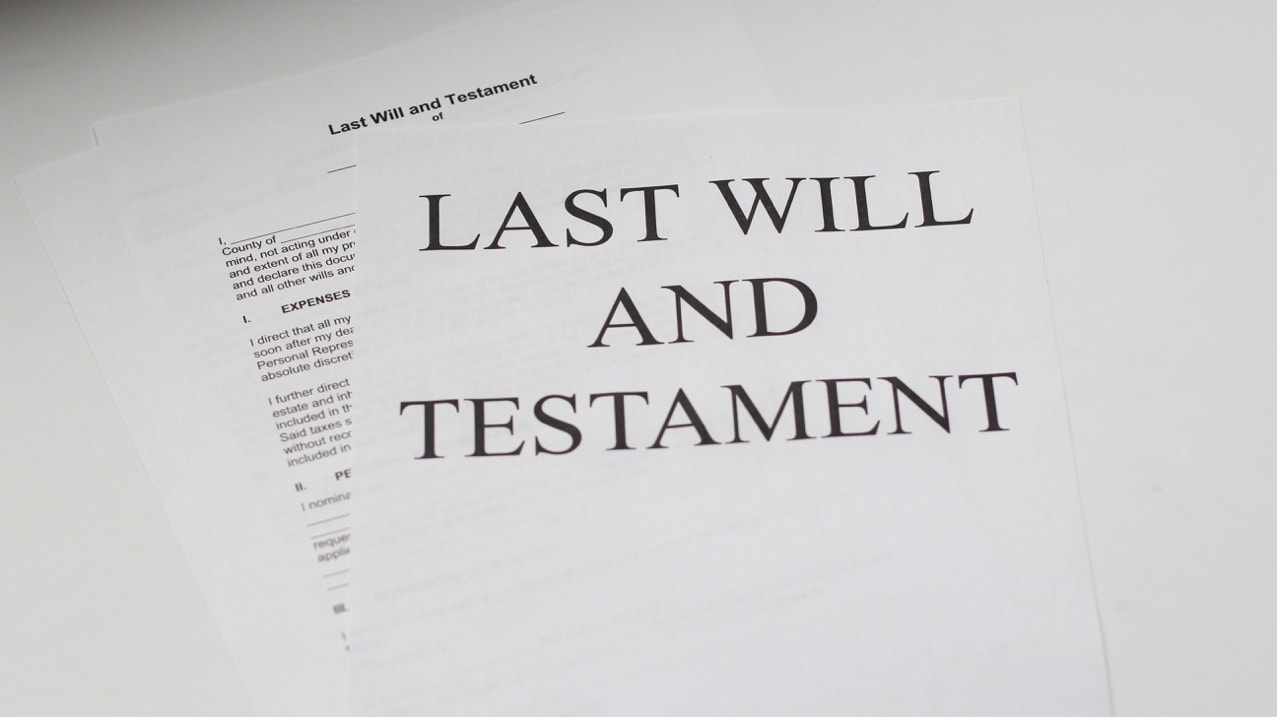When it comes to estate planning and the distribution of assets after a person’s passing, understanding the difference between probate assets and non-probate assets is essential. In the state of Colorado, like in many other states, this differentiation plays a significant role in how a person’s estate is settled.
In this article, we will delve into the intricacies of probate and non-probate assets and their implications in the Centennial State. We will also touch on the importance of consulting with a Denver probate lawyer or Denver estate planning attorney to ensure your estate planning is legally sound.
Probate vs. Non-Probate Assets
Before we dive into the specifics of Colorado’s laws and distribution methods, it’s essential to define probate and non-probate assets.
Probate Assets
These assets are subject to the probate process, which is a legal procedure for validating a will, paying off debts, and distributing the remaining assets to beneficiaries. Probate assets typically include real estate owned solely by the deceased, personal belongings, and bank accounts held in the individual’s name.
Non-Probate Assets
These are assets that bypass the probate process and are directly transferred to beneficiaries upon the individual’s death. Common examples of non-probate assets are life insurance policies, retirement accounts, and jointly owned property.
Probate in Colorado
In Colorado, the probate process is governed by state laws, and the rules may differ from those in other states. Probate generally begins by filing a petition in the county where the deceased person lived. The court will oversee the administration of the estate, ensuring that the deceased’s debts are paid and the remaining assets are distributed to the designated beneficiaries.
One of the primary concerns with probate is its time-consuming nature and the associated costs. Probate can take several months to several years, depending on the complexity of the estate and any disputes that may arise during the process. Furthermore, it involves various expenses, including court fees, attorney fees, and executor fees, which can significantly reduce the overall value of the estate.
This is where the importance of consulting with a Denver probate lawyer comes into play. These legal professionals can guide you through the probate process, ensuring that it is handled efficiently and that all legal requirements are met.
Non-Probate Assets in Colorado
Non-probate assets, on the other hand, avoid the probate process altogether. These assets are directly transferred to the designated beneficiaries upon the death of the owner. In Colorado, as in most states, the following types of assets are commonly considered non-probate:
Life Insurance Policies
If you have a life insurance policy with a named beneficiary, the proceeds from the policy are paid directly to the beneficiary and do not go through probate.
Retirement Accounts
Assets held in retirement accounts, such as 401(k)s and IRAs, also pass directly to the named beneficiaries.
Jointly Owned Property
Property held jointly with rights of survivorship automatically passes to the surviving owner(s) when one owner dies.
Payable-on-Death (POD) Accounts
Bank accounts and investment accounts with a designated POD beneficiary bypass probate and transfer directly to the beneficiary.
Transfer-on-Death (TOD) Securities
Similar to POD accounts, securities and stocks with a TOD designation transfer directly to the named beneficiary.
The advantages of non-probate assets are clear. They typically pass to beneficiaries quickly and without the costs associated with probate. However, it is essential to keep beneficiary designations up to date to ensure that assets go to the intended recipients.
Navigating the Complexities
Estate planning in Colorado can be a complex endeavor due to the interplay of probate and non-probate assets, as well as the unique state laws governing the process. This is where the expertise of a Denver estate planning attorney becomes invaluable.
Tailored Estate Plans
An experienced estate planning lawyer in Colorado can help you create a comprehensive estate plan that takes into account your specific assets, family situation, and wishes. They can assist in drafting wills, trusts, and other legal documents to ensure that your assets are distributed according to your wishes.
Minimizing Probate
Estate planning attorneys can also help you develop strategies to minimize the assets that go through probate, potentially saving your beneficiaries time and money. This may involve setting up trusts or using beneficiary designations effectively.
Probate Litigation
In cases where disputes arise during the probate process, an estate planning lawyer in Colorado can represent your interests in court, helping to resolve issues and ensure that the estate is settled fairly.
Tax Planning
Estate planning lawyers are well-versed in tax laws, including federal and state estate taxes. They can help you develop strategies to minimize the tax burden on your estate and beneficiaries.
Final Thoughts
In Colorado, as in other states, understanding the distinction between probate and non-probate assets is crucial for effective estate planning. While probate assets go through a court-supervised process that can be time-consuming and costly, non-probate assets offer a more streamlined path to asset distribution.
To navigate the complexities of Colorado’s estate laws and ensure your assets are handled according to your wishes, it is advisable to consult with a Denver probate lawyer at The Bourassa Law Group.
These legal professionals can provide the guidance and expertise needed to create a robust estate plan and help your loved ones avoid unnecessary complications during the probate process. By making informed decisions and seeking professional assistance, you can safeguard your legacy and provide for your beneficiaries in the most efficient manner possible.





